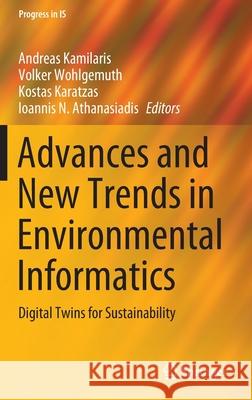Advances and New Trends in Environmental Informatics: Digital Twins for Sustainability » książka
topmenu
Advances and New Trends in Environmental Informatics: Digital Twins for Sustainability
ISBN-13: 9783030619688 / Angielski / Twarda / 2020 / 270 str.
Advances and New Trends in Environmental Informatics: Digital Twins for Sustainability
ISBN-13: 9783030619688 / Angielski / Twarda / 2020 / 270 str.
cena 443,82
(netto: 422,69 VAT: 5%)
Najniższa cena z 30 dni: 424,07
(netto: 422,69 VAT: 5%)
Najniższa cena z 30 dni: 424,07
Termin realizacji zamówienia:
ok. 16-18 dni roboczych.
ok. 16-18 dni roboczych.
Darmowa dostawa!
Kategorie:
Kategorie BISAC:
Wydawca:
Springer
Seria wydawnicza:
Język:
Angielski
ISBN-13:
9783030619688
Rok wydania:
2020
Wydanie:
2021
Numer serii:
000445205
Ilość stron:
270
Waga:
0.57 kg
Wymiary:
23.39 x 15.6 x 1.75
Oprawa:
Twarda
Wolumenów:
01
Dodatkowe informacje:
Wydanie ilustrowane











